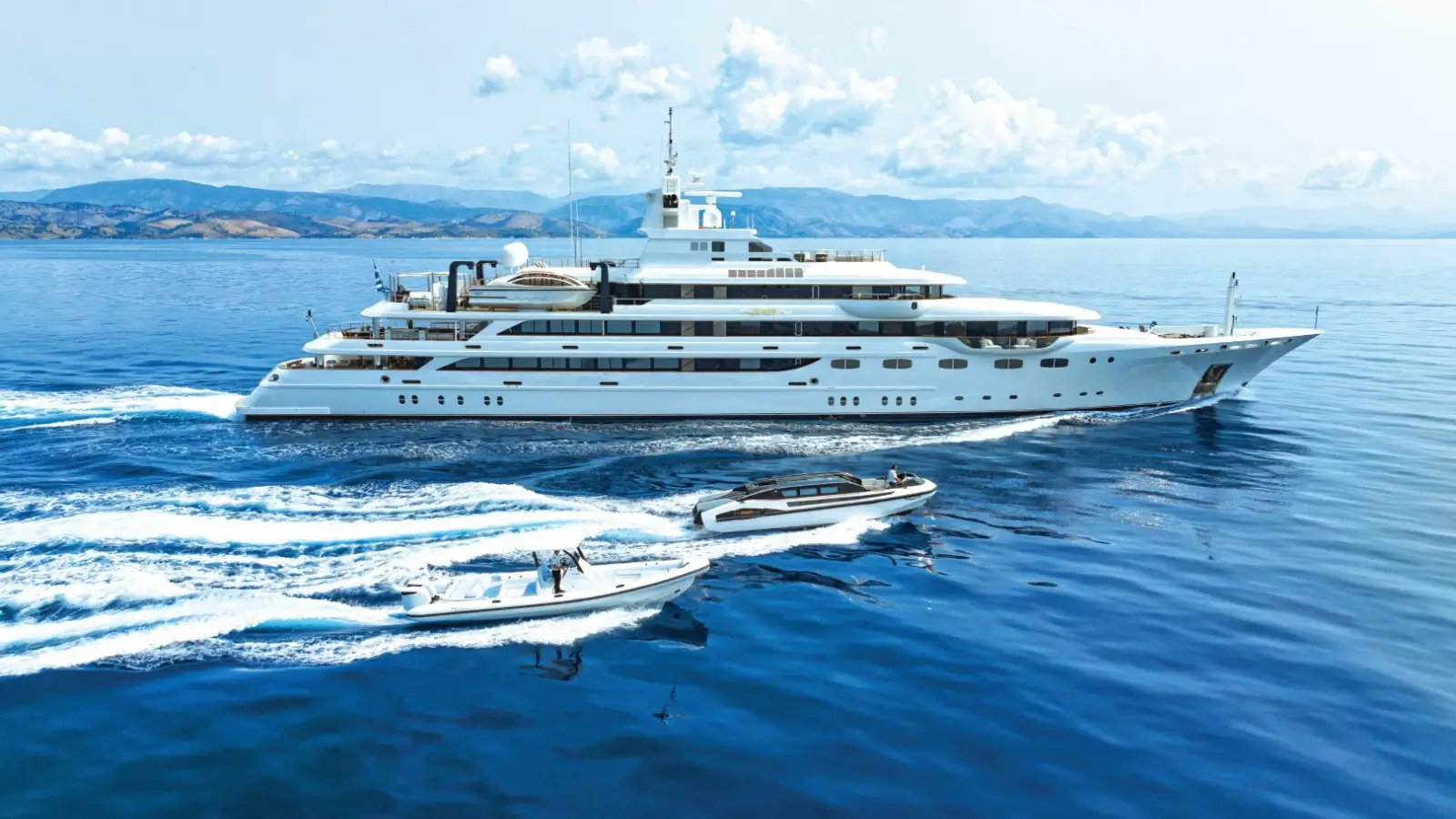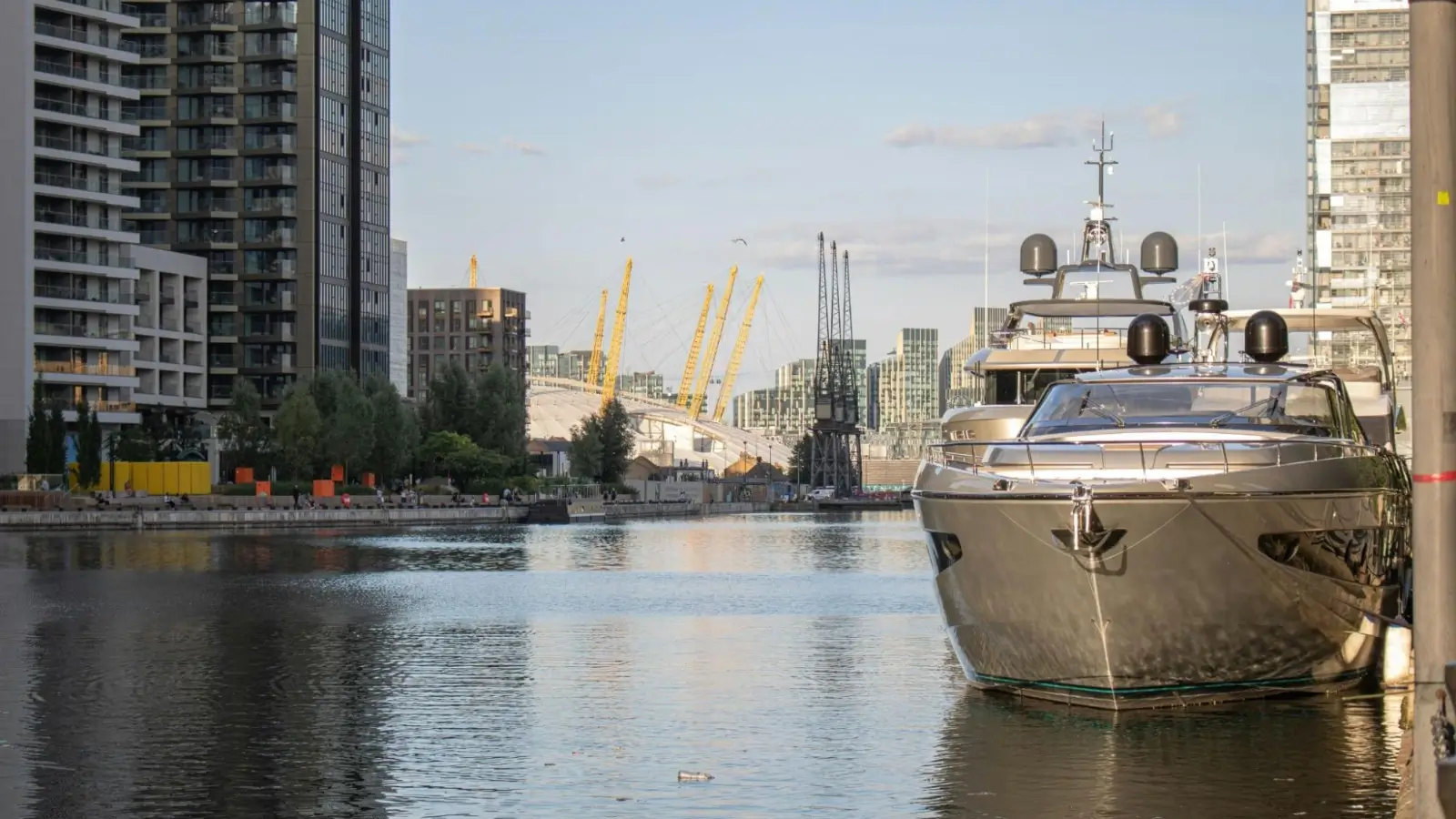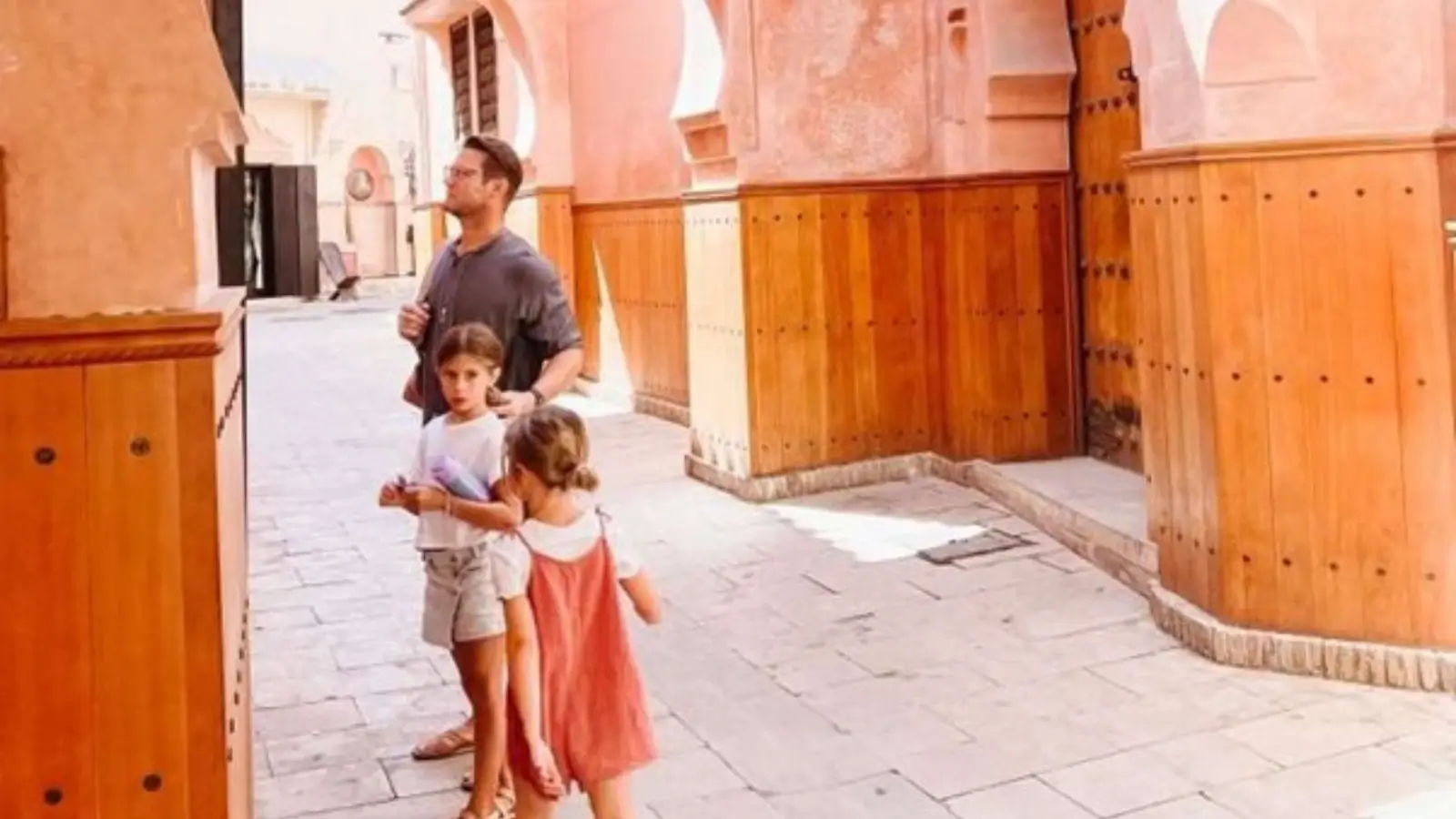Sassabi Expeditions, celebrate the championship of eco safari tourism in Tanzania. They have shown the best way to travel responsibly and with a purpose. By combining unforgettable wildlife experiences with responsible travel practices, they have found enriching springs gratification and satisfying journeys. Their safaris emphasize conservation, community engagement, and cultural respect. Travelers explore iconic destinations like the Serengeti, Ngorongoro, and Zanzibar while minimizing their environmental impact through low-footprint activities such as walking safaris, canoeing, and cultural tours.
Sassabi works closely with local communities, ensuring that tourism supports livelihoods and preserves traditions. Their eco-friendly excursions—ranging from hot air balloon flights over the savannah to forest walks in Jozani—offer immersive, educational encounters that foster a deeper appreciation for Tanzania’s natural and cultural heritage.
Travel and tourism in Tanzania has taken a different approach that is more meaningful than just a safari. This way helps protect Tanzania’s diverse ecosystems while delivering meaningful, ethical safari experiences, it’s now regarded as a safari with a purpose.
This kind of safaris that emerged and are celebrated by top tour operators are promoting sustainable tourism practices in Tanzania’s diverse ecosystems while delivering meaningful and transformative experiences to travelers from all walks of life. Ecotourism is no longer a new concept worldwide and in the process of protecting our planet earth. Reputable International Organizations like the United Nations World Tourism Organization (UNWTO) which provide for data on economic and conservation benefits of eco-tourism have been able to prove that conservation and tourism can coexist harmoniously.The eco-friendly safaris are carefully designed to balance adventure with impact, inviting guests to connect deeply with the land, the wildlife, and the people of Tanzania.

What Does the Eco Safari Package Do to Your Safari in Tanzania?
For guests, this kind of a safari package means that you travel more meaningfully more than just ticking off sightings of the Big Five. It took us too long and difficult to accept that our ecosystem is delicate but as time goes, the climate change is revealing this truth and becoming more realistic. We speak with the Maasai people also who lived in this delicate ecosystems for many centuries and they can tell us that the weather has changed. This means, when we design our safaris, we now design them having these communities in mind who move through, the ancestral lands that support them, and the communities that have coexisted with this wildlife for generations. It’s about walking softly, learning continuously, and leaving each place better than it was found, when we do our safari this way, they are more rewarding to our guests, communities, wildlife and us.
How to Achieve Eco-friendly Safaris in Tanzania?
1. Lodge or Luxury camp design and construction
A top tour operator's commitment to sustainability begins long before the journey starts. Starting with accommodations while on safaris, the selection of luxury camps will not be based on their fancy looks and facilities in these luxury camps but with the design of how they are built with local, sustainable materials and powered using renewable energy sources like solar. Luxury camps are selected based on their commitment to encourage zero-waste principles on all excursions, supply guests with reusable water bottles, and eliminate the use of single-use plastics wherever possible. The Lodges and luxury camps that try to reducing their environmental footprint, seem to also ensure that the wild spaces they showcase remain unspoiled for future generations and these are good partners for safaris.
2. Game Drives that respect animal behavior and natural rhythms.
Wildlife viewing experiences should be designed to respect animal behavior and natural existence. Vehicles should keep a respectful distance from animals. It has been instated that a top tour operator should ensure guides are well trained and certified, they must be able to observe without disturbing animals. Its viewed that this ethical wildlife game drive during safaris not only keeps animals safe but also provides guests with more authentic and rewarding sightings. We have declined to safaris that insist on about 800 safaris cars surround a lion are not the typical safaris that will reward this planet earth
3. Positive impact to local communities
The local communities live in harmony with these animals. They should benefit from the animals so that they will continue to keep them and save them from poachers. The positive impact of safaris should extends into the heart of local communities around the wildlife areas. Tour operators should invest in training programs for local guides, employ staff from surrounding villages, and support women-led enterprises that produce handcrafted goods and food supplies for their operations like how the Tanzania Tour Operator Sassabi Expeditions does as this inclusive model allows communities to benefit directly from the tourism economy in Tanzania, making the local communities active participants in the protection of both wildlife, cultural and environmental assets.
When tourism is conducted in this manner, many guests find these cultural interactions to be among the most enriching parts of the safaris experiences and they are so rewarding and gratifying. Imagine a guest participating in traditional dances from the maasai communities and learning about herbal medicine while sitting down with a Masaai story narrator, doesn’t this add an in depth and meaning to the travel experience?. These are the safari moments we believe will last a life time and they foster cross-cultural understanding and cultures, even for the lucky ones, our children who have been extremely fortunate will appreciate life having seen another world from a different perspective
4. Other excursions and activities within the fragile ecosystem
It has been a trend now that with the tour operators that deliver services having sustainability in mind work with these activities suppliers who offer these activities while having these concerns in their priorities. Even the thrill-based activities, like hot air balloon rides over the Serengeti, are delivered with sustainability in mind. These experiences are carefully managed to limit noise pollution and ensure minimal disruption to the animals below. Guests often describe these moments as life-changing—not just for the incredible vistas, but for the sense of peace and connection they bring.As such these activities are conducted in the noisy free environment as much as possible
Education and training is provided throughout in the eco-tourism programs approved model with guides and rangers included into these programs. Tour operators now participate to provide the required financing and skills required for instilling insights and addressing the challenges of conservation, the importance of biodiversity, and the need for responsible tourism in Africa. Many guests leave not only with photographs and souvenirs, but with a renewed sense of stewardship of the environment and wildlife with very minimum footprint.
5. How to participate in Positive impact to local communities
Many top tour operators have designed activities that are meant to achieve this safari positive impact. Speak to your safari operator about your interest to participate in the area that you feel will be more rewarding and of your preference or simply pick up an ecofriendly safari program that suites you. You don’t have to pack your safari program with community flavors as there is a variety of choices depending on where you are going and what you prefer doing. For example, if your safari program has a Zanzibar Island component, you may choose to take a coastal flavor. You may choose a tour through the island’s spice farms, fishing villages, and coral reef conservation projects some of these offer travelers a chance to engage with the island’s environmental and cultural diversity. These activities range from turtle conservations to Forest walks through the Jozani Chwaka Bay National Park which provide opportunities to learn about endangered species, such as the Zanzibar red colobus monkey, and the fragile ecosystems that support them and many more.

What Next for Our Planet Earth
Guests that return to Tanzania have said that their safaris have not only been memorable for what they have seen but also for the opportunity to be part of something bigger on their safaris. We call for tour operator’s transparency, ethics, and provision of meaningful experiences and a continued support to communities around the wildlife areas as they are truly meaningful and rewarding to Travellers.
We are now in an era where climate change has reveled a serious threat to our habitat destruction, and cultural erosion are global calling for responsibility. This starts with us in the ways we conduct our activities in rewarding mother nature which will reciprocate to us in many good ways. We encourage safaris in what we call “eco-safari tourism” model that leaves hope for the environment. Doing this for a long time will not only be sustainable but will also enable the tourism, when done right, can be a powerful force for preservation, education, and positive change in our world.
Travellers are highly invited to Tanzania to experience these life changing journeys. Which rewards both ways as a vocation and life changing. These journeys are powerful, they leave a lasting impact in the mind and also make Tanzania so special.
These are safaris with limitless options, whether you are dreaming of lion-studded plains, ancient volcanic craters in the Ngorongoro Conservation Area or warm smiles of local villagers, a journey with a top tour operator like Sassabi may offer you this chance to travel meaningfully—and to come home completely changed.

















